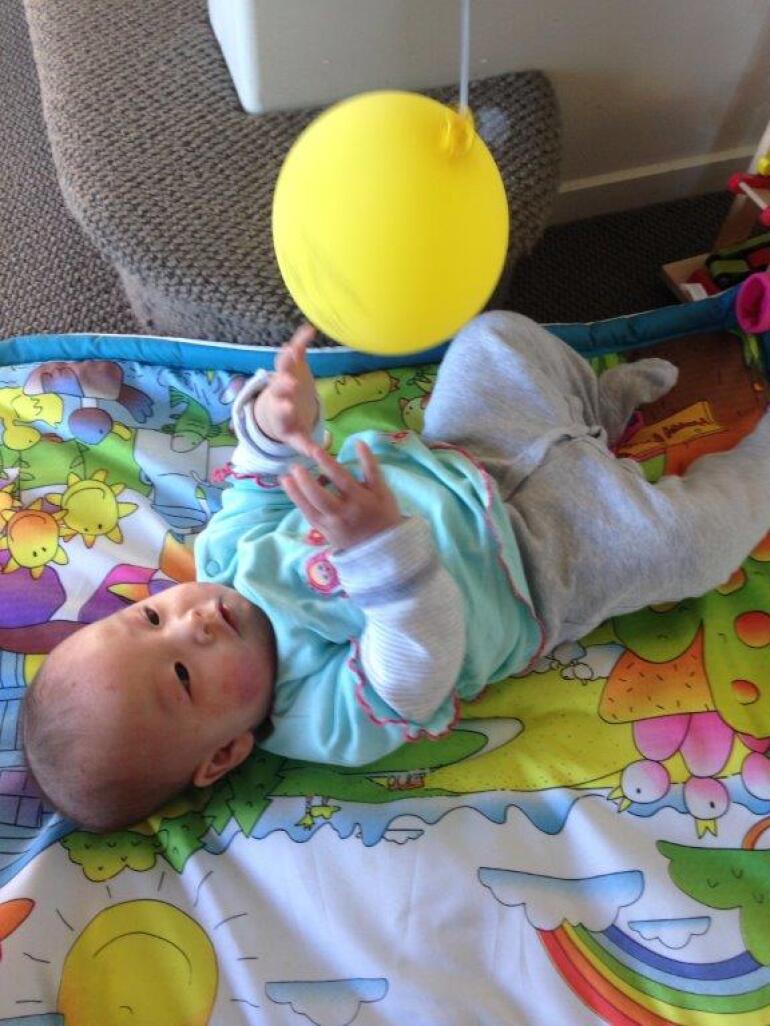News And Events

Priority Learners
6 June 2018Nurtured at Home recognises that infants, toddlers and young children have different learning needs and therefore we strive to provide an environment that enables infants, toddlers and young children to engage, explore, and learn. In our April 2018 blog, we noted an infants’ growing interests and capabilities and here we consider why children under the age of two are identified as a priority learner group by the Education Review Office.
Early years’ research has increasingly focused on the experiences and outcomes for children up to the age of two. It demonstrates that children at this age are highly susceptible to the negative impacts of poor quality early childhood education. On a more positive note, a recent literature review on quality early childhood education for under two years old states:
“The evidence demonstrates that quality early childhood education at this very early age has lasting benefits for infants and their families – especially those from disadvantaged sectors – and for society. The high quality education and care of infants therefore constitutes a key investment in the future of Aotearoa New Zealand.”
Attuned adults and the provision of quality environments are now understood to have a marked impact on the development and learning of children up to two years of age. Adults are more likely to be attuned to very young children if they have responsibility for a smaller number of children up to the age of two (the recommended ratio is 1:3 adults to children), and have specialist knowledge about working with this age group.
In a homebased setting, with the ratio being set at 1:2 Educators have the ability to provide responsive caregiving to children under the age of two. Throughout this year, Nurtured at Home Visiting Teachers, Educators and whānau will have the opportunity to participate in professional learning and development with a lens on providing an optimal environment for children under the age of 2. These workshops and learning opportunities will be further supported through 1:1 guidance and support by Visiting Teachers engaging in ongoing discussion with Educators in the home so that together we grow our knowledge.


